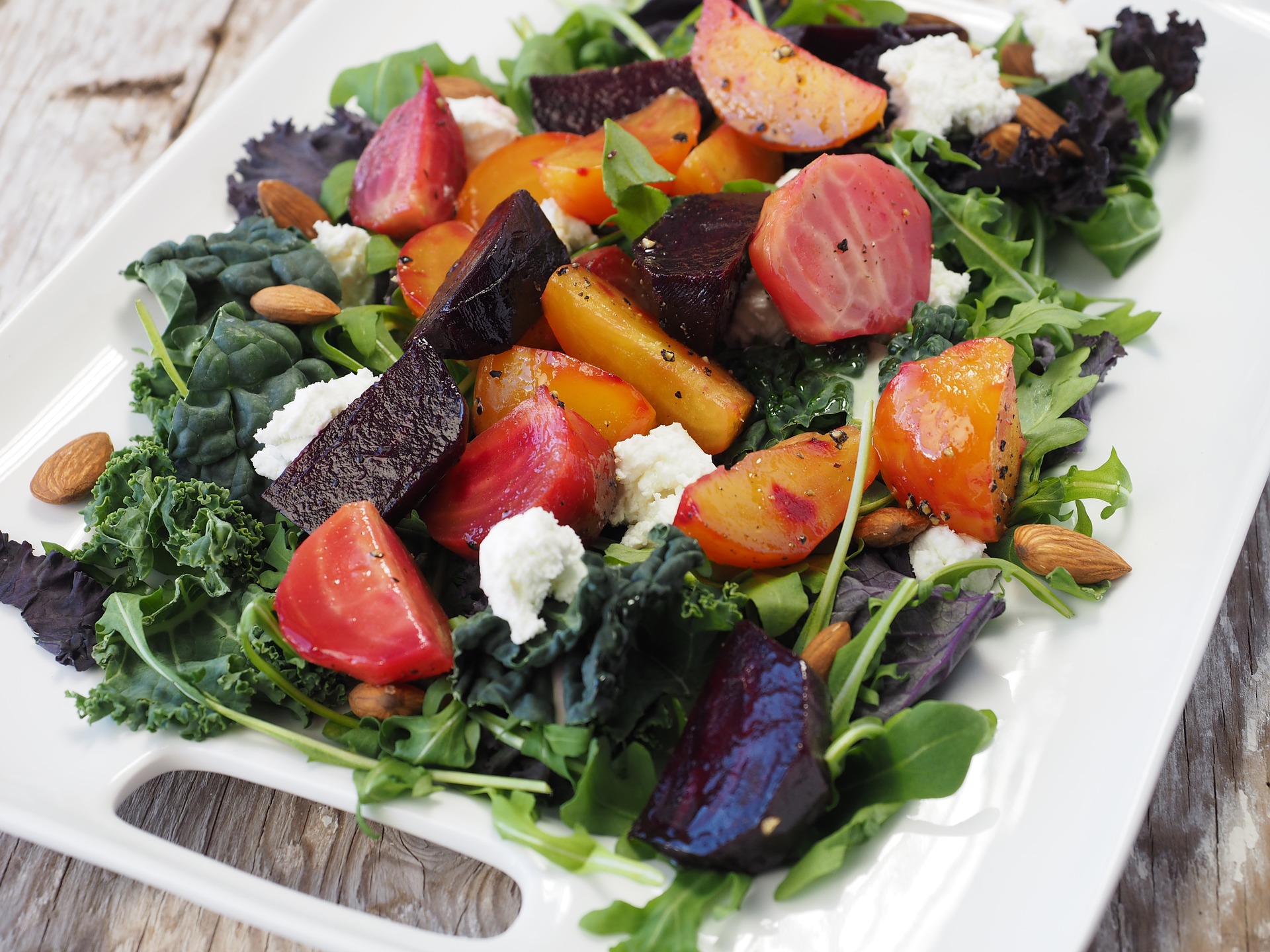
MINERALS THAT ARE GOOD FOR PEOPLE WITH SICKLE CELL ANEMIA
Image by Deborah Breen Whiting from www.pixabay.com
The body needs many minerals to function and having too much of one major mineral can result in a deficiency of another. A balanced diet should be able to provide you all the minerals that your body needs.
Iron
Iron is a mineral that is critical in the body because it is a constituent of hemoglobin, the protein that carries oxygen from the lungs and delivers it to tissues. You need enough iron to make healthy red blood cells. A lack of iron causes a condition called iron deficiency anemia. This condition makes you tired because tissues do not receive enough oxygen. Women who are pregnant and those who have heavy menstrual cycles have greater requirements for iron. The best sources of iron include fortified breakfast cereal, oysters, white beans, dark chocolate, and beef liver. Smaller amounts are found in spinach, lentils, kidney beans, sardines, and chickpeas. If you take an iron supplement, take it with a little vitamin C or vitamin C-rich food because this nutrient boosts the absorption of the mineral.
Calcium
Calcium is a critical mineral that helps make up your teeth and bones. It is also necessary for muscle contractions, including the proper functioning of the heart. Good food sources of calcium include milk, yogurt, and cheese. Broccoli and green leafy vegetables like kale also have calcium. Sardines and salmon with bones supply calcium. So do calcium-fortified orange juice and cereal. Daily calcium requirements differ due to your age and gender. Some groups of people are at risk for having inadequate calcium levels. Postmenopausal women, vegans, vegetarians, and women who do not have their periods due to anorexia or excessive athleticism may have inadequate calcium levels. Ask your doctor if you should take a calcium supplement. If you take any medications, ask your doctor or pharmacist whether or not calcium supplements interact with anything you are taking.
Potassium
Potassium is a mineral that serves as an electrolyte in the body. It also regulates blood pressure and kidney function. You need potassium for your heart, brain, and nervous system to work properly. The balance of sodium to potassium in the body is critical for several processes. Potatoes, prunes, sweet potatoes, carrots, bananas, green leafy vegetables, cantaloupe, and tomatoes are good sources of potassium. Adults should aim to get about 4,700 milligrams of potassium in their diets daily.
Selenium
Selenium is a trace mineral your body needs for proper functioning of the thyroid gland and immune system. It is an antioxidant that protects cells and tissues against free radical damage. The best food sources of selenium are nuts, seafood, organ meats, meat, and eggs. Whole grains like brown rice and cereals also contain the mineral. Selenium deficiency is rare. It may occur in regions where selenium content in the soil is low, especially in those who are vegetarian or vegan. Selenium levels may also be low in those who suffer from HIV and in those who undergo long-term kidney dialysis. Dialysis removes some selenium from the blood.
Zinc
Zinc is a mineral that is necessary to maintain your senses of taste and smell. It is vital to the immune system and your body needs it for wound healing. Zinc is one of the minerals that helps protect your eyes and keeps vision sharp as you age. Zinc helps blood clots. Good sources of zinc include oysters, meat, seafood, poultry, baked beans, and yogurt. Small amounts are found in cashews, chickpeas, cheese, oatmeal, and almonds. Zinc deficiency may result in reduced immunity, growth retardation, and loss of appetite. Severe zinc deficiency may cause diarrhea, hair loss, impotence, weight loss, slow wound healing, and mental lethargy.
Reference: https://www.onhealth.com/content/1/minerals_vitamins_nutritional_health_body_needs
My book – HOW TO LIVE WITH SICKLE CELL: Sickle Cell and I (is now available on OkadaBooks and Amazon). Pls get your copy.


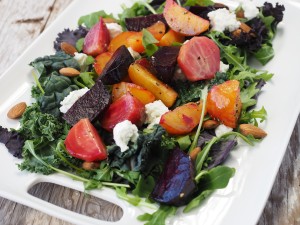
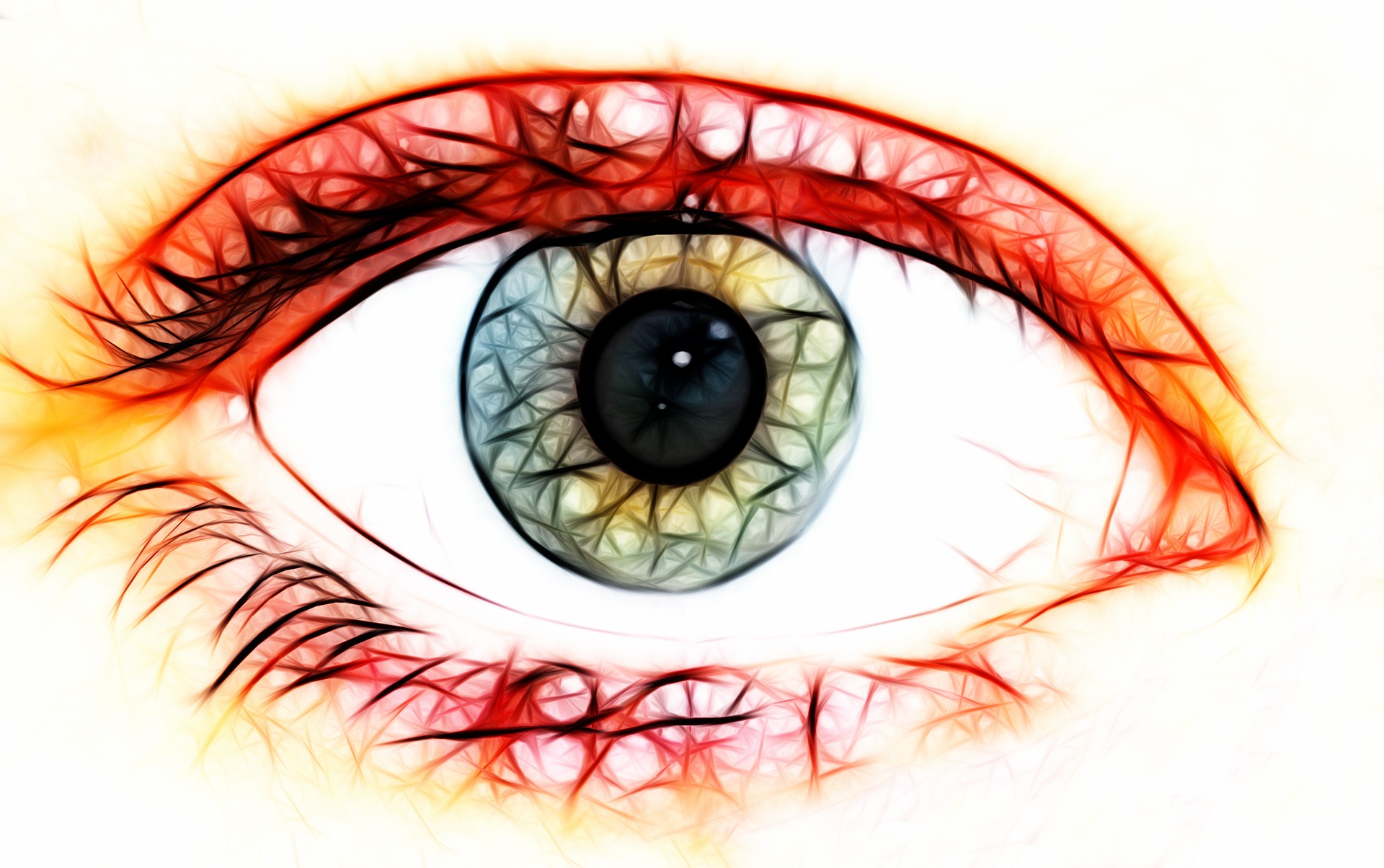
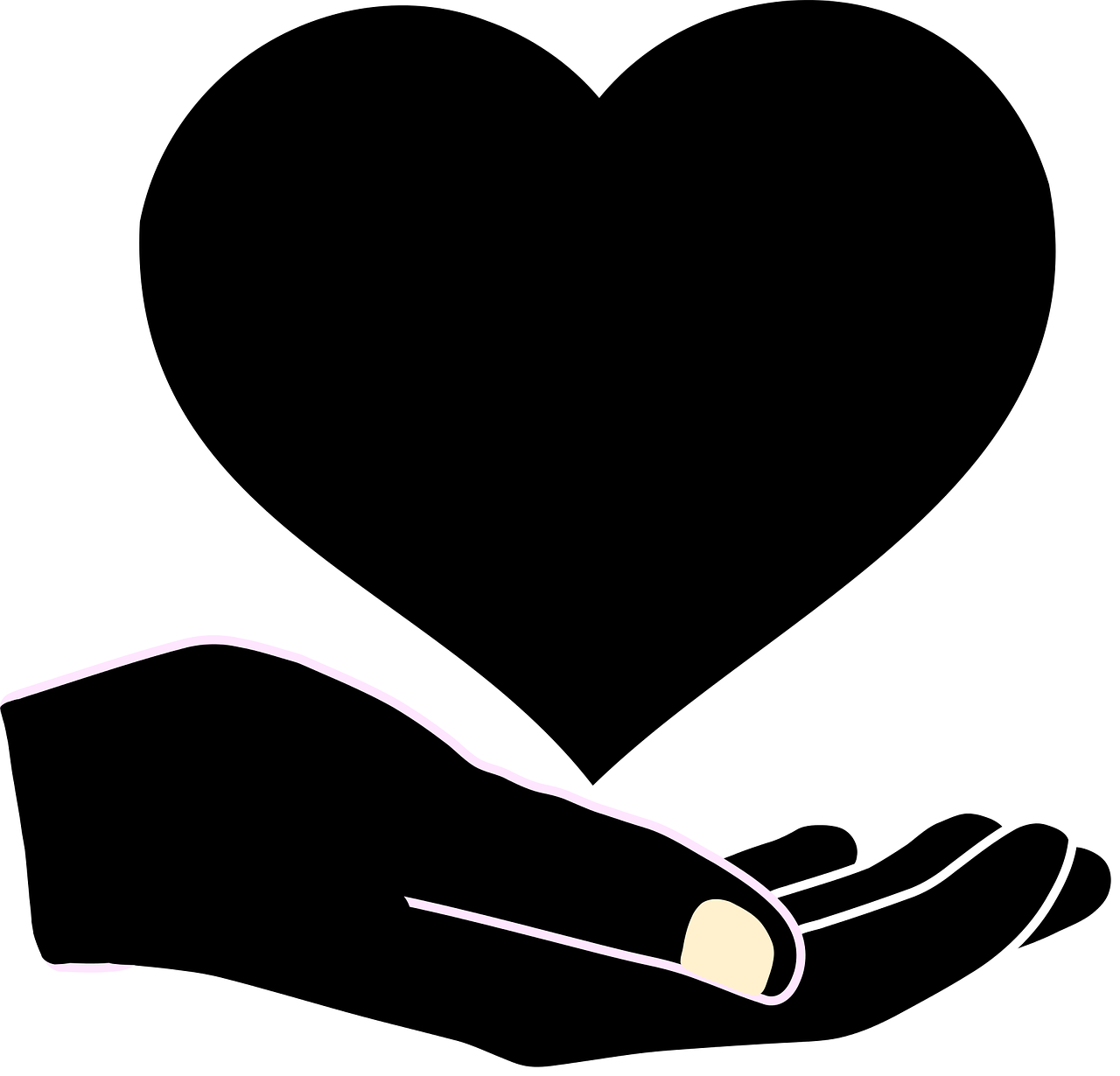

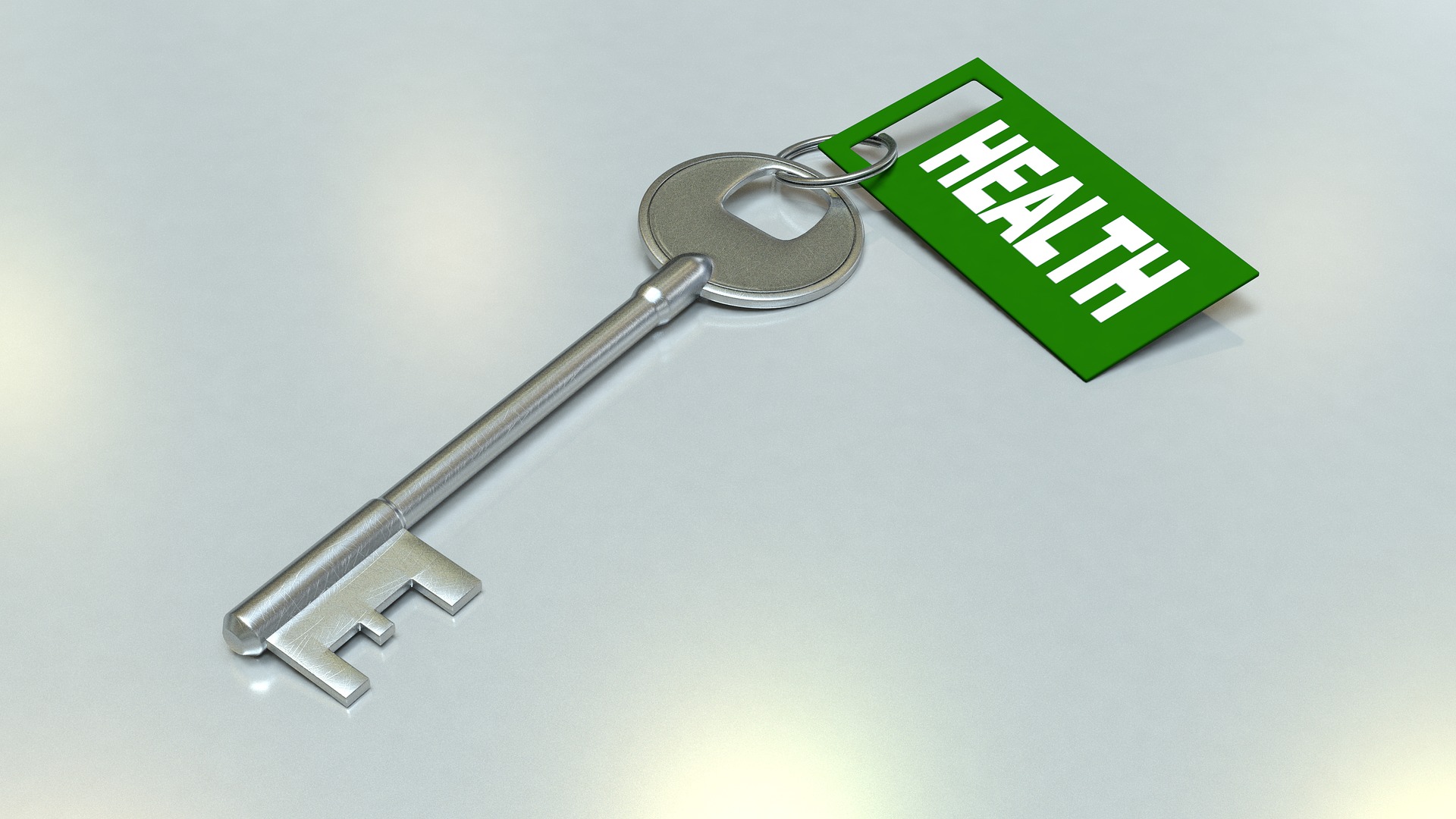
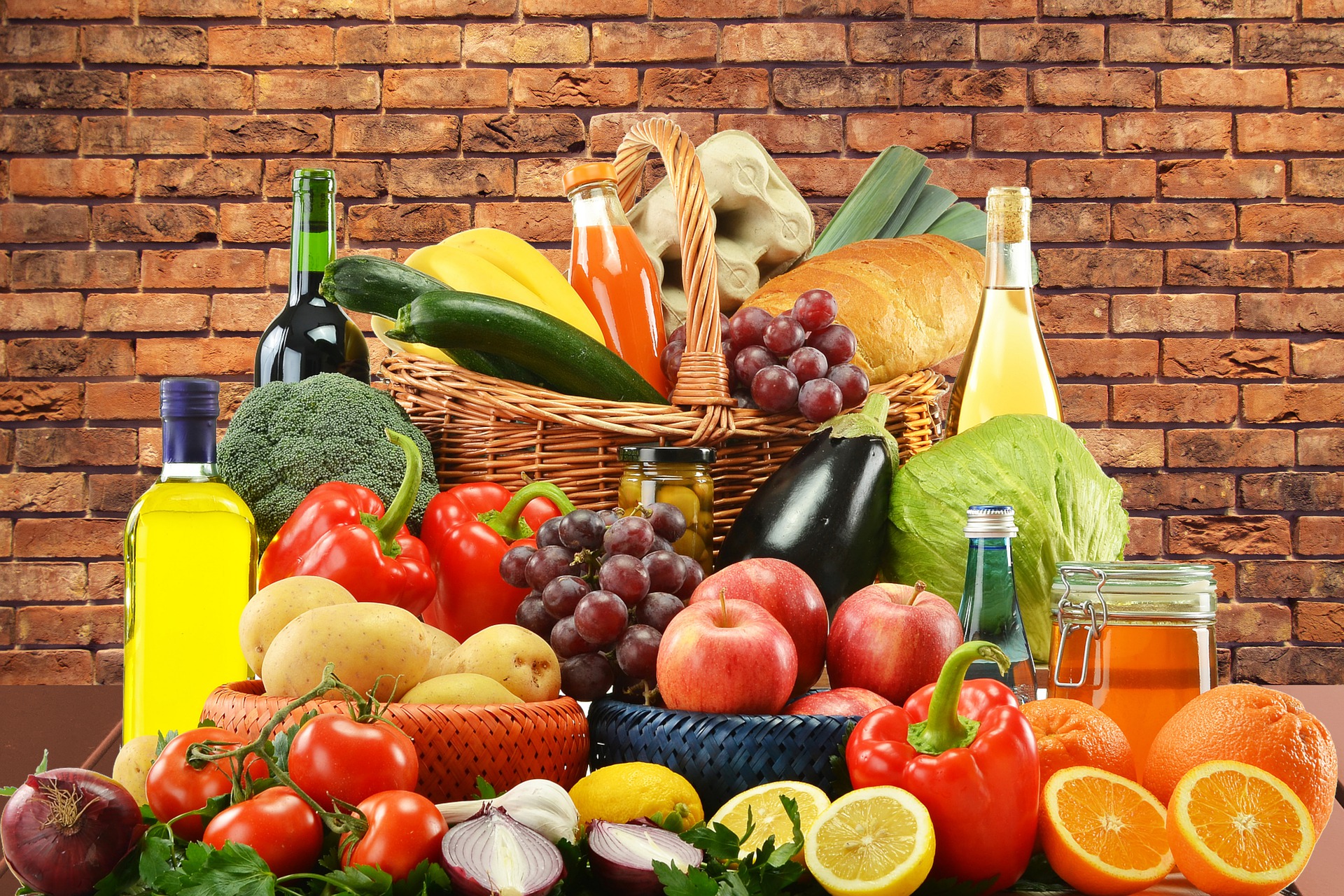
Thanks for your information a bout sickle cell anemia,
Have been treating sickle cell anemia ( patients ) for now 17 years here in uganda.
Let’s do network marketing .
Amans Herbalist
Sickle cell clinic
Kampala-Uganda
+256782361761
Hello Dr Michael, thank you for getting in touch with me and apologies for the delay in replying. Are you on WhatsApp? Pls let me know via this medium:
t.dehinde@yahoo.com
I look forward to hearing from you soon.